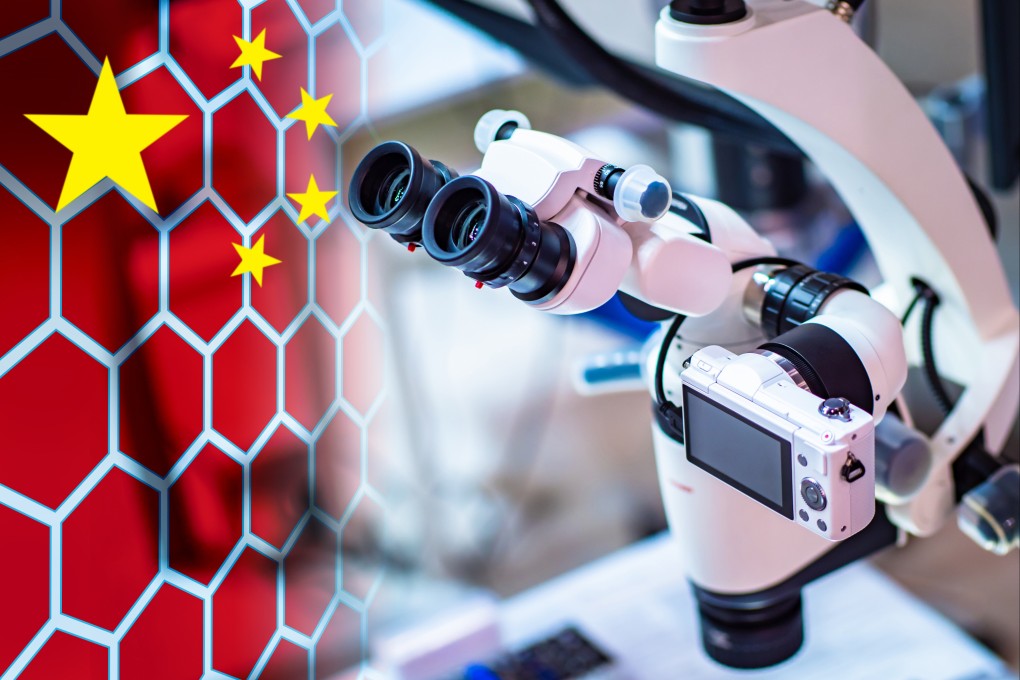Advertisement
China strengthens ethics oversight on science and technology research projects involving humans and animals
- The Chinese government has released new guidelines to improve the ethics review process on research projects in fields such as life sciences, medicine and AI
- It requires institutions to set up an ethical committee to screen research activities involving humans and animals
Reading Time:2 minutes
Why you can trust SCMP

China, regarded by some critics as the Wild West in terms of science and technology research programmes, has released a new set of guidelines to enhance the ethics review process on experiments involving humans and animals.
This initiative by the Chinese government marks a crucial step towards improving ethics oversight in the country, more than two years after Chinese scientist He Jiankui was sentenced to three years in prison and fined 3 million yuan (US$471,000) for creating the world’s first gene-edited babies.
The new guidelines, released by the General Office of China’s Communist Party and the General Office of the State Council, were drawn up to “strengthen the research on relevant laws in key areas such as life sciences, medicine and artificial intelligence” by 2025, according to a report published on Sunday by Xinhua News Agency.
Advertisement
It requires institutions to set up an ethical committee to screen research activities involving humans and animals, following “scientific, independent, just and transparent” principles. It also encourages universities to offer relevant courses that make ethical education an important part of undergraduate and graduate studies.
Chinese authorities are tasked to direct universities, research institutions, medical organisations, social groups and various enterprises to improve their monitoring and early warning mechanisms for ethical risks, and follow up developments in emerging areas in science and technology, according to the guidelines.
Advertisement
Advertisement
Select Voice
Select Speed
1.00x
